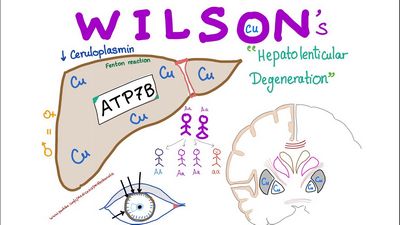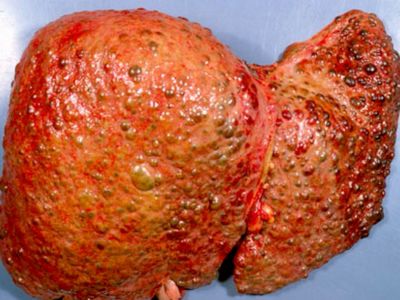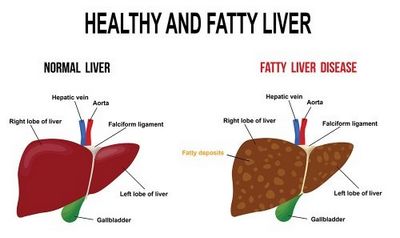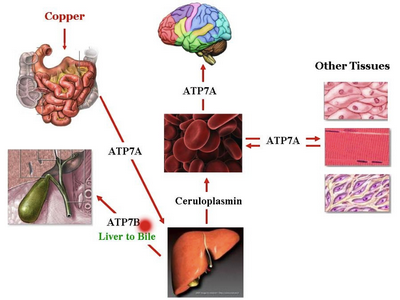Wilson’s disease, also known as Wilson disease of the liver, is a genetic disease caused by high levels of copper in the human body.

This copper deposits, which can be in the form of plaque or nodules, cause the liver to malfunction, and eventually lead to liver failure. If left untreated, the disease can lead to other problems as well, including:
Although Wilson’s disease typically affects men, it has also been reported to affect women. Studies have shown that women are more likely than men to have the disease, although there are no specific reasons for this difference.
The causes of Wilson’s disease are still not fully understood. There is no known cure for the condition, although there are medications that can reduce the severity of the symptoms. Copper and iron supplements can also help prevent its progression.

However, treatment can only be effective if the condition is diagnosed in time.
Symptoms of the disease typically appear during adulthood, although the condition may not manifest itself until after puberty. At times, symptoms may not manifest until a person reaches middle age, although the disease may strike at any age. The most common symptom is jaundice, which occurs when the skin’s color becomes yellowish. Jaundice can occur in both adults and children, but typically is more prominent in older children. Some children may also experience vomiting or nausea.
Common symptoms include jaundice, liver inflammation, gallstones, nausea, diarrhea, abdominal pain, dark urine, and abdominal swelling. When a person is exposed to excessive amounts of copper, these symptoms may also occur.

Symptoms may vary from one individual to another, so diagnosis is usually difficult.
Some people are at higher risk of developing this disease, such as: infants, the elderly, and people with a history of kidney problems. Children who suffer from congenital cystic fibrosis, chronic liver disease, and menopause are also at greater risk. There are several risk factors that may contribute to Wilson’s disease, including: exposure to environmental metals like lead; genetic disorders; use of alcohol; use of certain drugs that interfere with liver function; and/or medication, like aspirin, ibuprofen, and naproxenonon; and an inherited gene called the ALDH1 gene.
Once you have been diagnosed with the disease, you may find that symptoms are triggered in response to certain foods, herbs, and other foods that you consume. For example, caffeine and coffee contain caffeine that increases your chances of getting jaundice and bilirubin. t. Other symptoms that trigger symptoms include stomachaches, nausea, loss of appetite, vomiting, and pain in the abdomen.

These symptoms often appear soon after exposure to chemicals like chlorine dioxide, bromine gas and benzene. A lack of protein in your diet, especially meat, may also cause jaundice and liver inflammation.
Liver cancer and hepatitis can also develop if the disease is not detected and treated. Since most liver tumors and hepatitis are caused by a buildup of scar tissue and fibrous deposits on the liver, a diagnosis of the disease is critical to treat. Many medications can be prescribed to reduce the inflammation in the liver and improve the quality of your life. To prevent further damage from the disease, your doctor may recommend you take special liver detoxification supplements to flush toxins and get rid of the deposits that cause the liver to fail.
As mentioned above, the symptoms of the disease are caused by the liver. In most cases, treatment will only relieve the symptoms and not completely eradicate them.

The goal of the treatment should be to restore the liver to the proper function so it is able to efficiently eliminate toxins. You may also need surgery to remove the tumors or fibrous deposits and to reduce the inflammation and pain.
If you are diagnosed with Wilson’s disease, you should consult a doctor before you take any type of medication. Because there is no cure for it, your doctor may prescribe medication that will make the liver more effective at eliminating toxins and eliminating fibrous deposits. The goal of treating your liver is to keep the body healthy and functioning normally without causing further damage.
Liver cleansing is also recommended because if there is a build up of toxins in the liver, your liver will also be able to process it faster. Therefore, if your liver has too many toxins, it will be able to remove them faster.